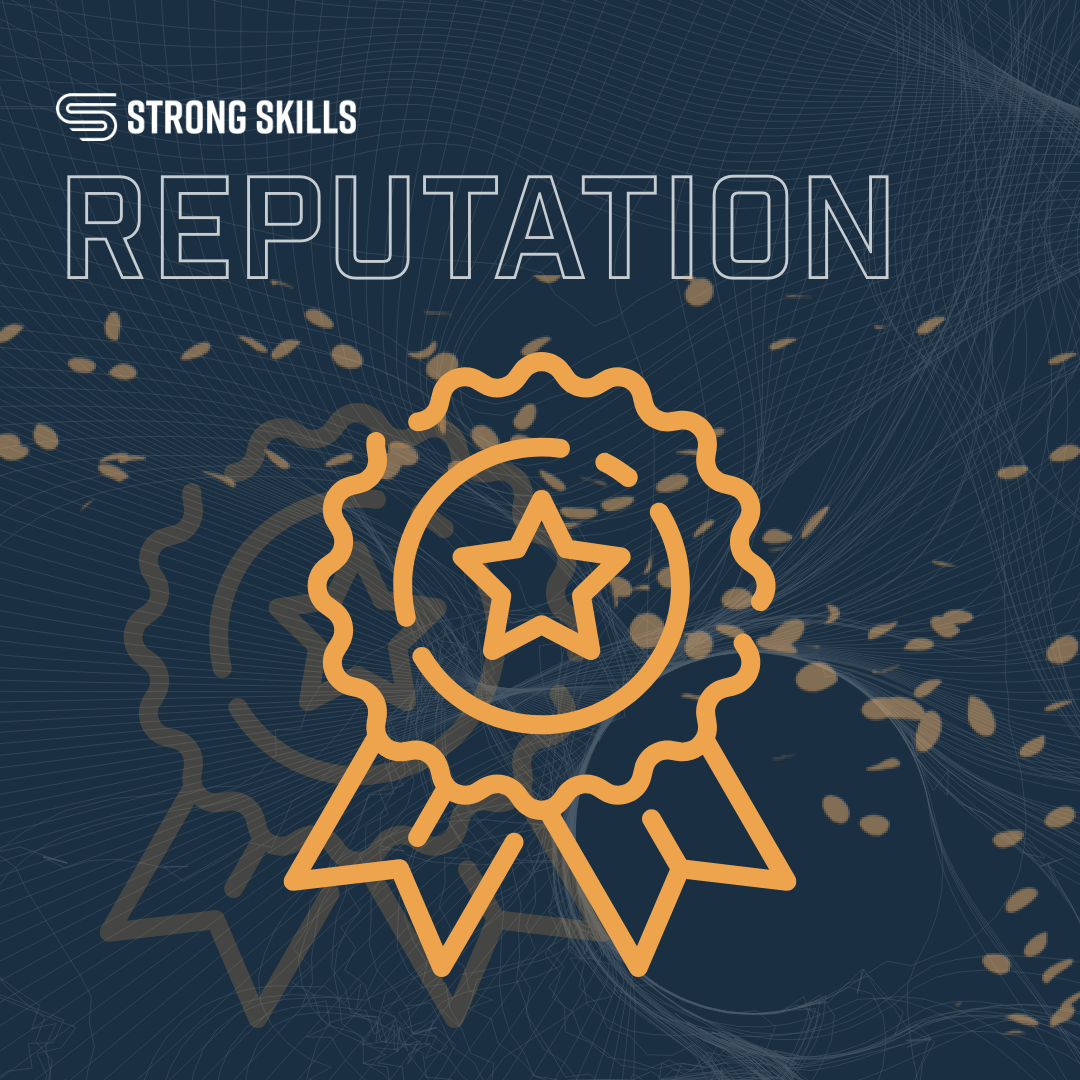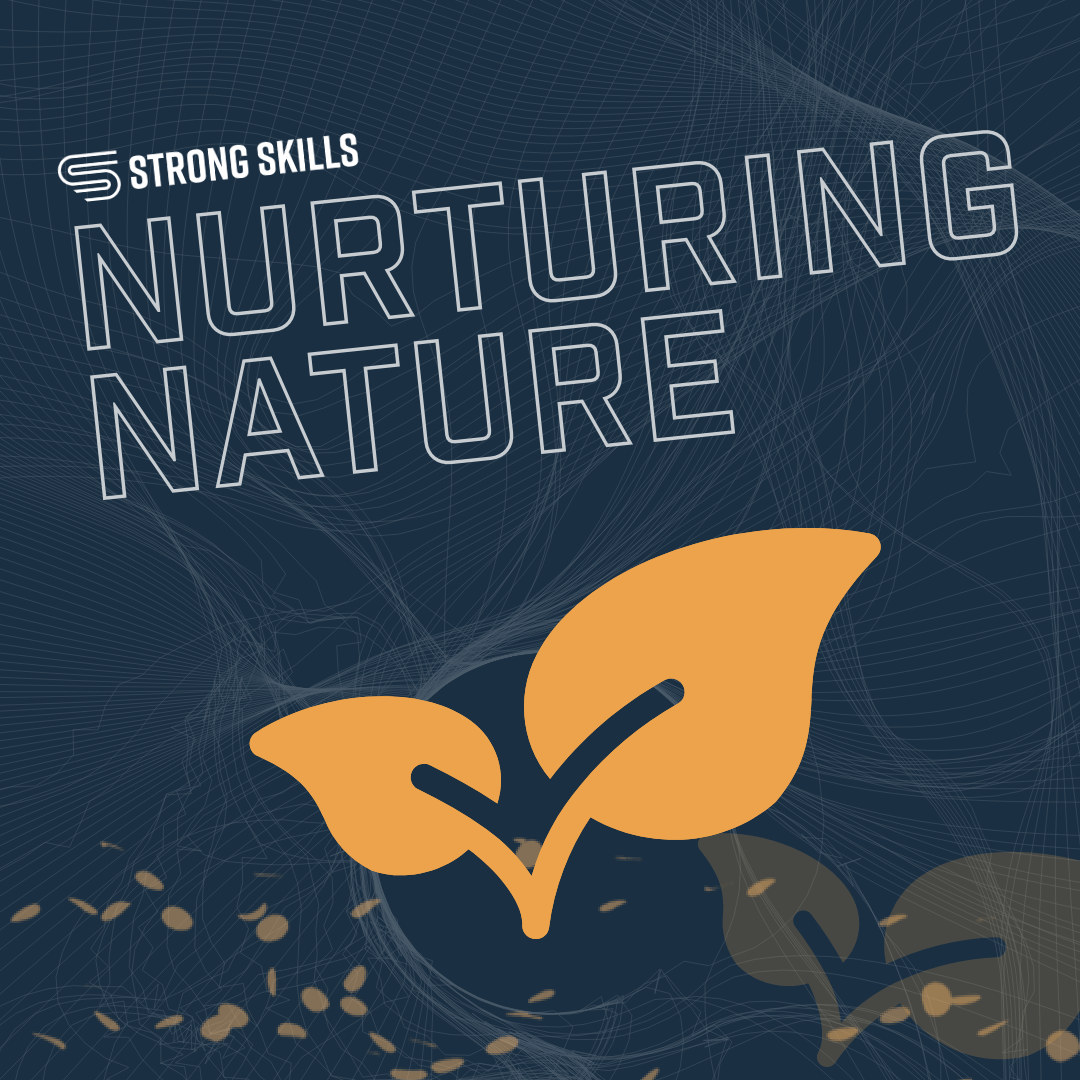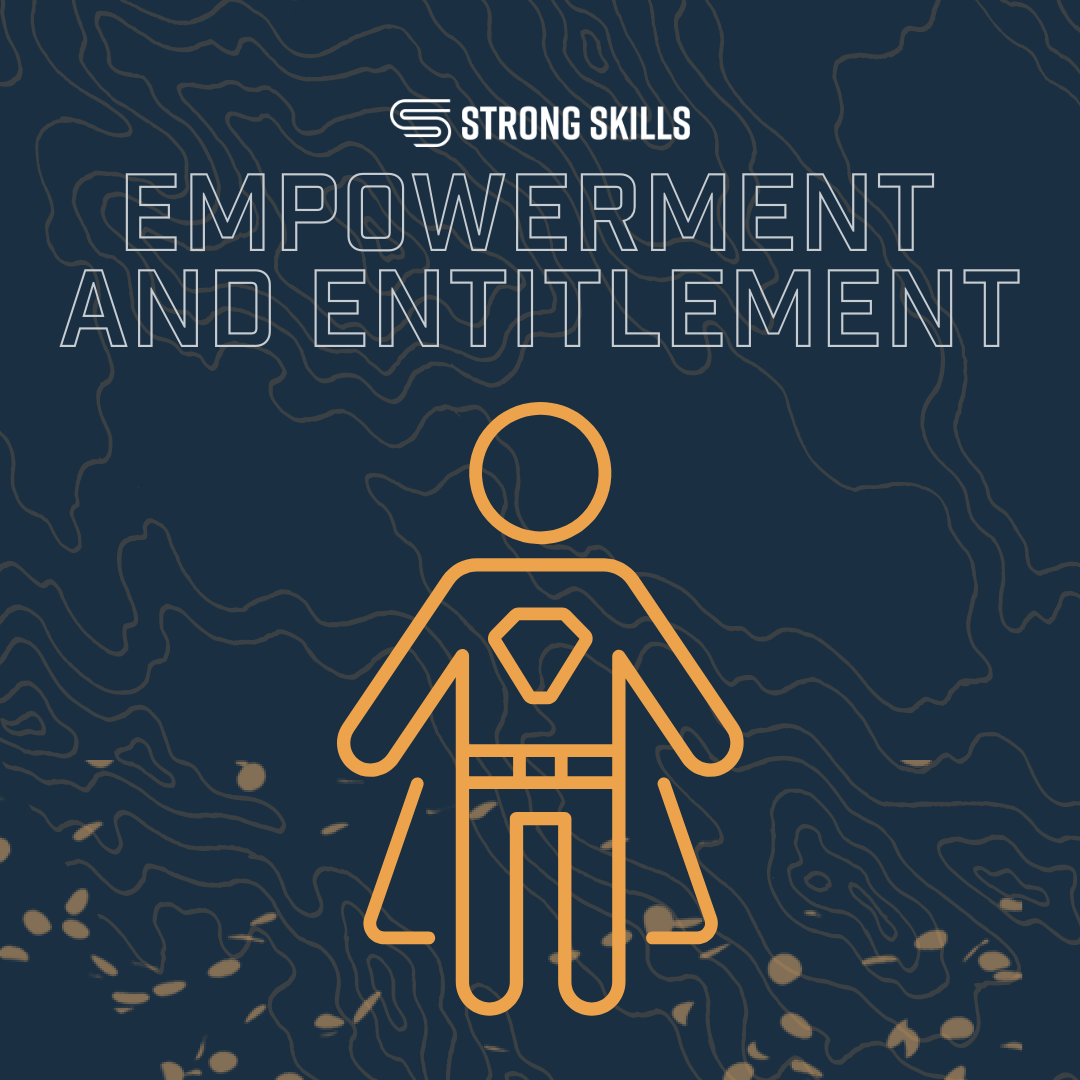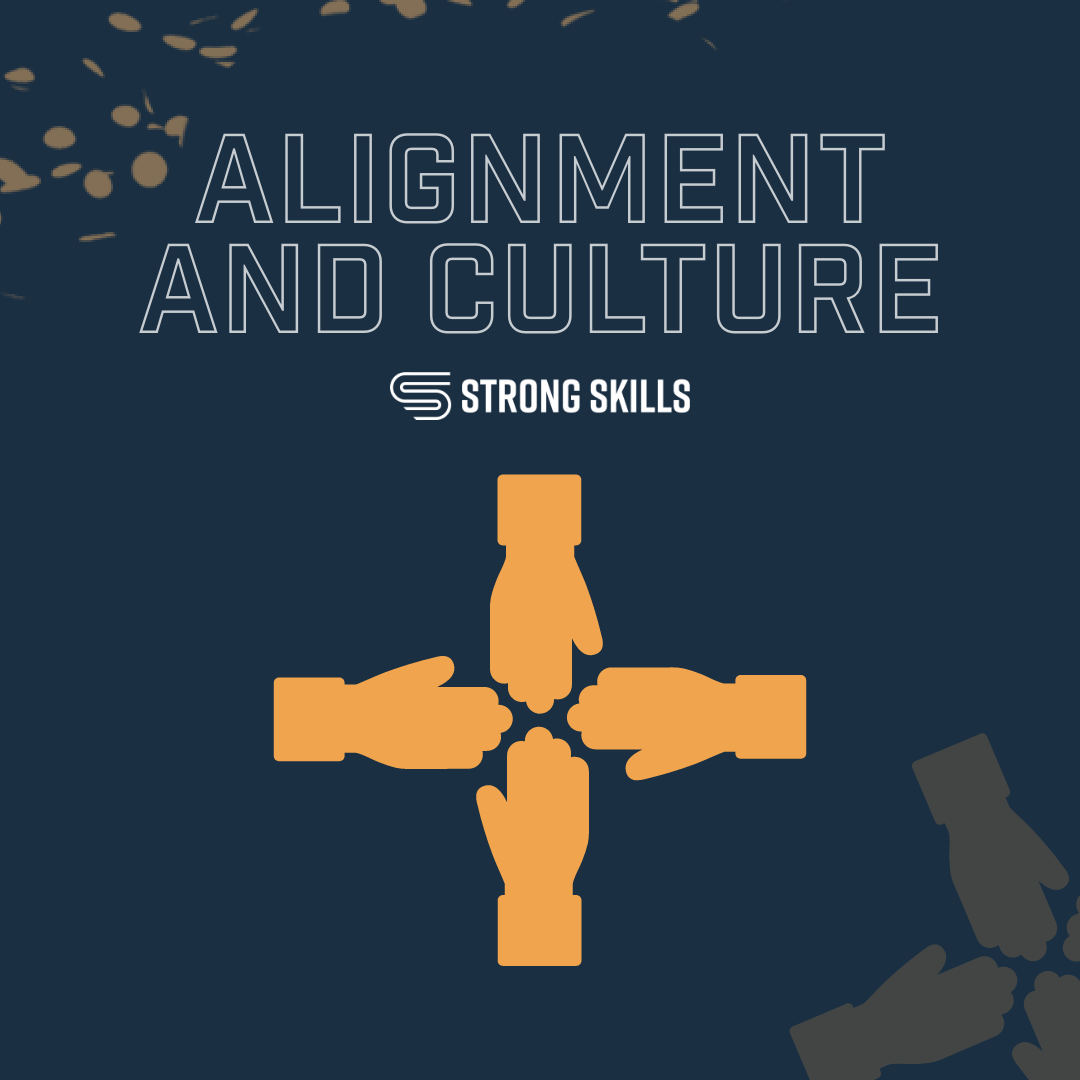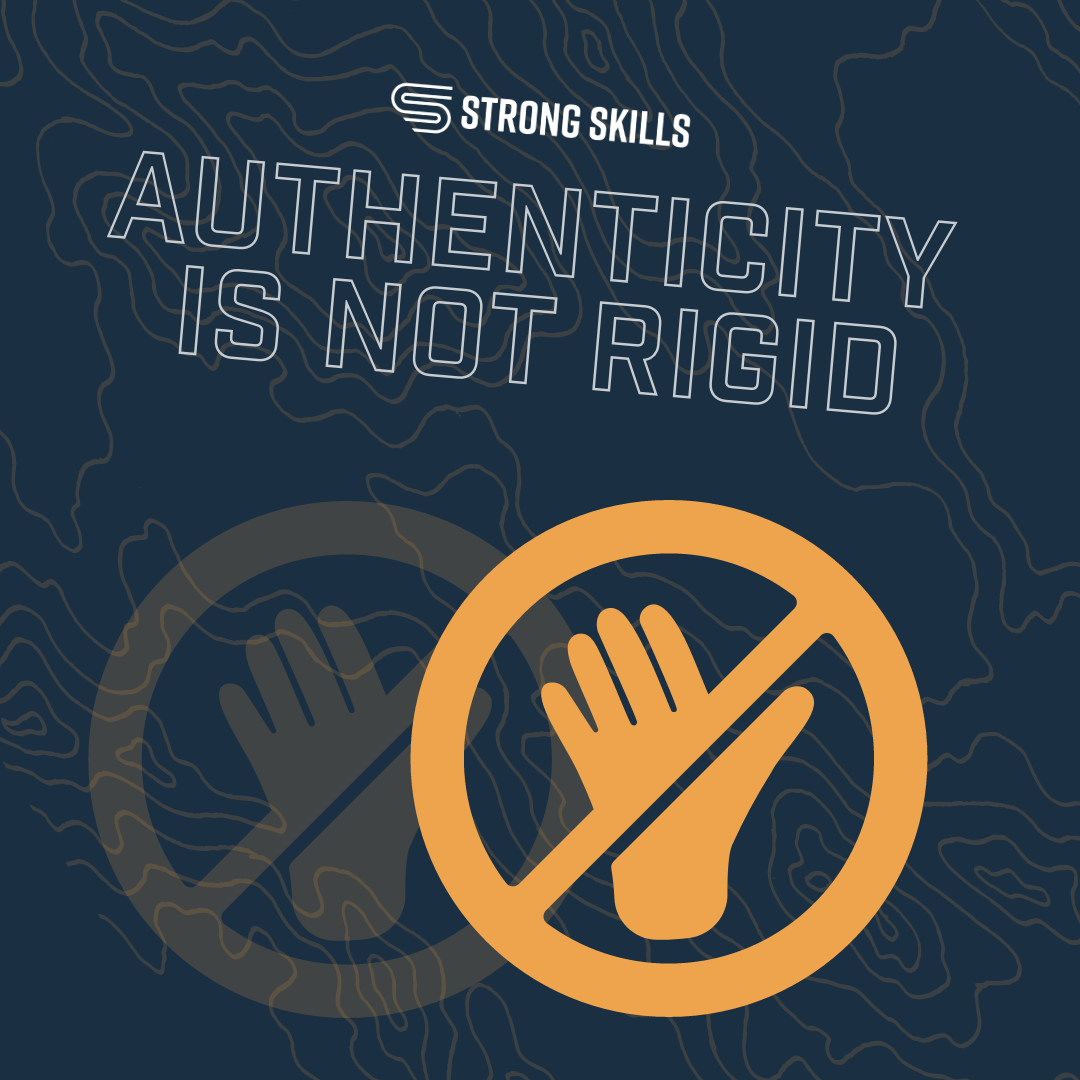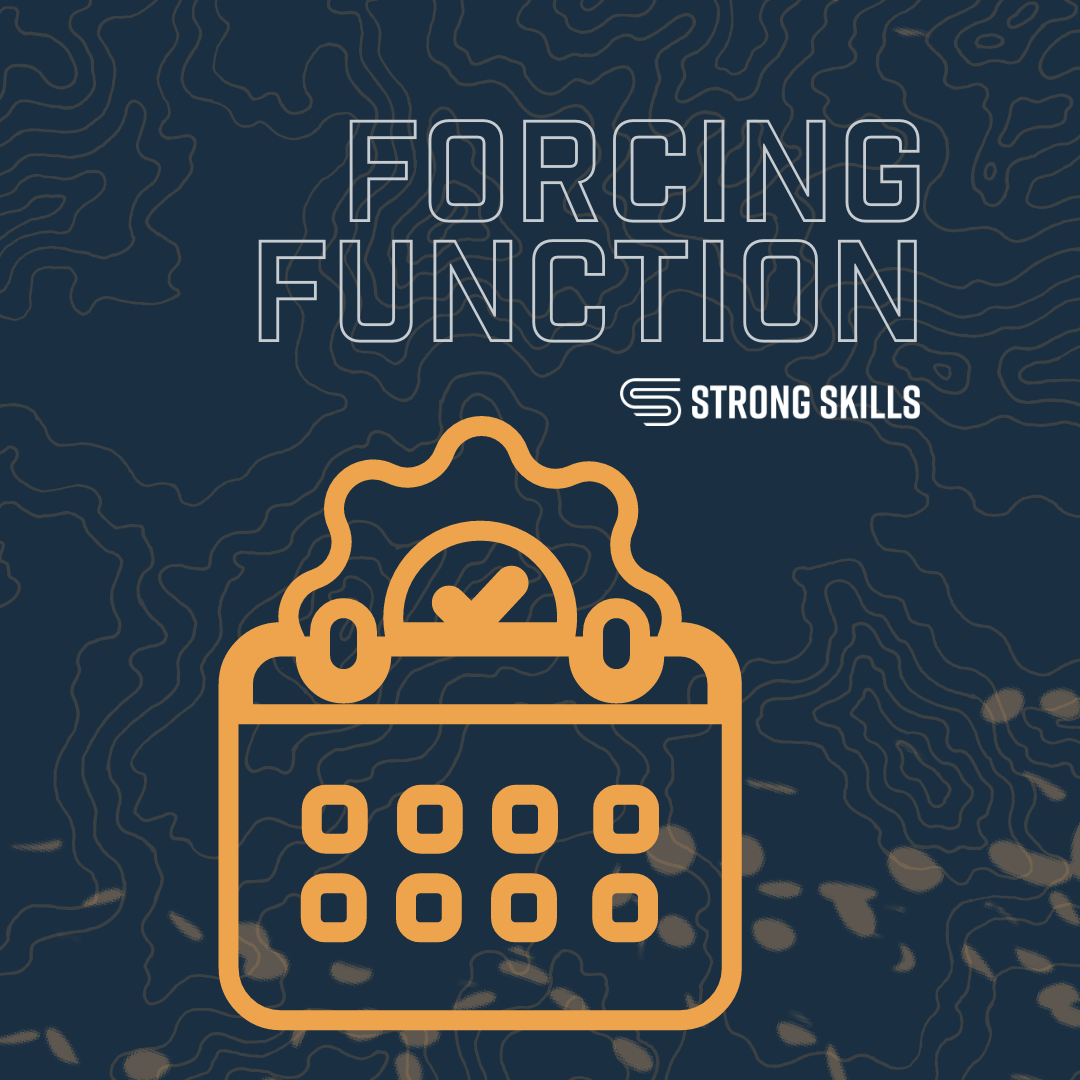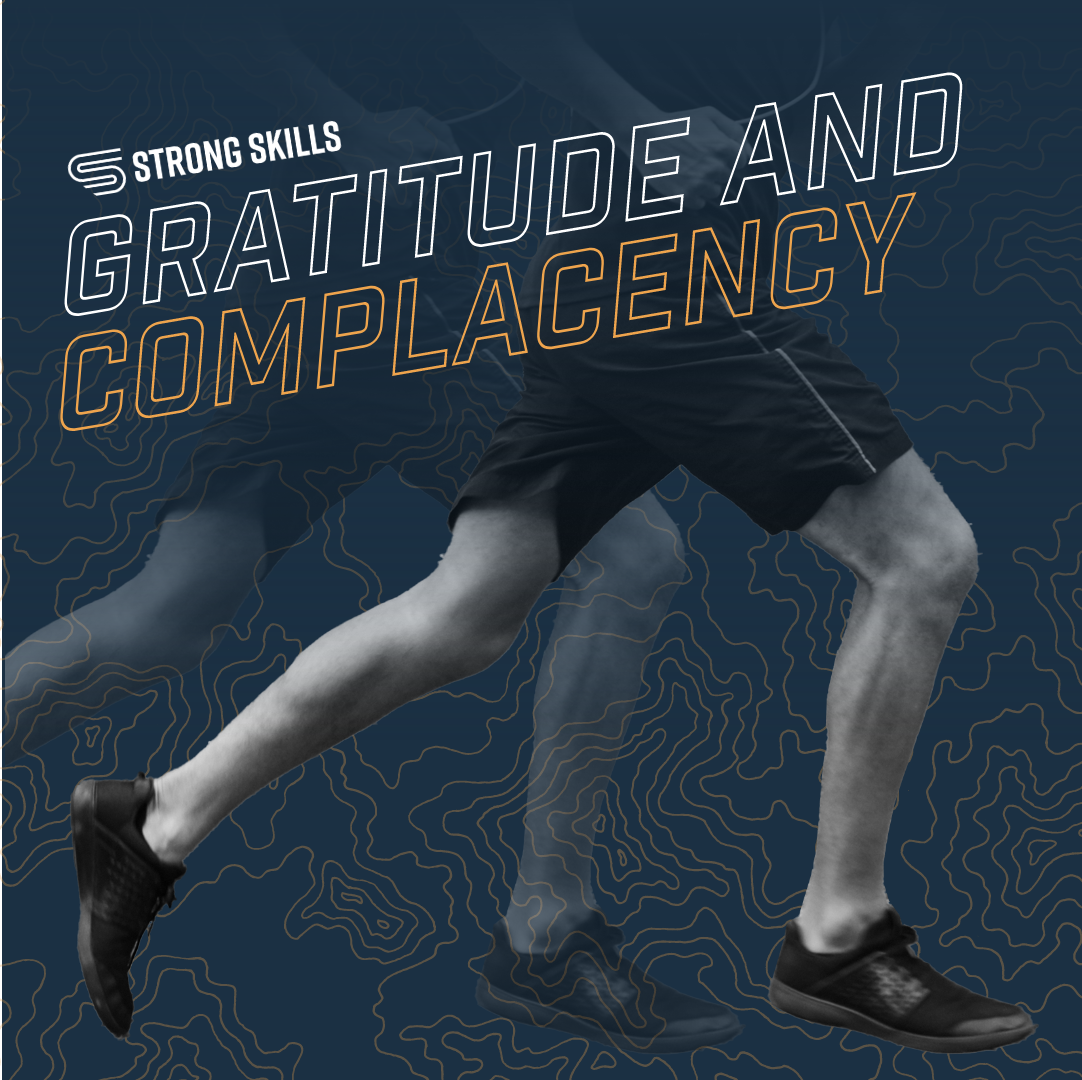I was born deaf in my left ear. I am not sure exactly how it happened, but my entire life I have had to adjust where I sit, walk, and how I approach people with my left ear in mind. Early in my life, I adjusted instinctively, but as I grew older I remember making intentional decisions to put myself in positions to minimize the impact the deafness would have on my conversations with people.
Read MoreI am fortunate to be the son of an entrepreneur and work with many others who are building ideas into companies. The mindset of an entrepreneur fascinates me; it’s complex and paradoxical. For many, their inner dialogue sounds something like this:
“I believe I can do this.” And… “I believe this will all go away tomorrow.”
For me, there is a distinction between motivation and inspiration. I have a good sense of what motivates me and try to consistently refresh my motivating factors for success.
Read MoreAsking a question we know the answer to is condescending. Stop doing it. Don’t do it. You are wasting your time and that of the people you serve. We are often trained to do so, and I believe it’s a mistake. If you know the answer to something you are far better off asking for permission to share your answer than asking a question you already have an answer to.
Read MoreFormer UCLA Men’s Basketball Coach John Wooden has a Socrates-like Ted Talk where he shares an important distinction between character and reputation: Character is who you are, whereas reputation is how others perceive you. It’s something that has stuck with me, especially in hard times. So many of us are overly concerned with our reputations, which, in reality, we don’t control. A reputation can ruin a lifetime of character. Yet, how much does reputation actually matter? And what’s more, should we focus on it? Let’s dig in.
Beyond parenting, great organizations need to think about how they can nature the nurture of their people. Personality assessments are a great place to start. They provide an additional perspective and can help identify a baseline of nature. Much of our management potential lies in our ability to manage ourselves. If we want to nurture our nature, often the best place to grow is by understanding who we are. The same goes for the people we lead.
Read MoreEmpowerment leads to growth. Enablement leads to entitlement.
Read MoreThere are rarely purely good or bad organizational cultures (beyond illegal activity, abuse, etc.). Of course, there is research on what creates high performance, but mostly there are good cultures for certain people and bad cultures for certain people. Great culture is mostly about alignment of values.
Read MoreWhen silence is intentional it can be very powerful. When it's not intentional it can be cowardice. Knowing when to be silent and when to speak up is tricky. Yes, great leaders need to learn to listen in silence AND to speak up when direction is needed. Here are some examples of when I try to be silent and when I try to speak up.
Read MoreGrace. It’s a beautiful word. It can be simply defined with two words: courteous goodwill. I’ve found grace to be liberating. When extended, it can show light in darkness and hope in times of suffering. Yet, it’s not something that often comes naturally to me. It’s often a secondary thought or feeling. I have to work at showing courteous goodwill. I bet you do too. Here’s why we need to increase our grace.
Read MoreWhat does it mean to be authentic? It’s when we show our genuine self. There’s vulnerability in it. Instead of acting with an agenda in mind, we are willing to express what we truly believe. There’s conviction in authenticity. But authenticity can also be curious, angry, sad, frustrated, and caring.
Read MoreI struggle with discipline. Yep, that’s right. Despite the fact that you get this weekly article from me, consistent behavior has never been my strength. So how do I consistently do things that I often don’t feel like doing? I leverage forcing functions.
Read MorePerhaps you are a leader. Maybe you are a parent. Regardless of where you are, we all have to figure out when to share and when to shield. Kids don’t need transparency on everything, and neither do employees.
Read MoreI’ve been called a know-it-all before; it’s not pleasant. I’ve found, when I surround myself with know-it-all's, I often feel the need to defend my beliefs and share what I know. I’ve been guilty of this far too many times, especially with family and friends. When I am in know-it-all mode, I shrink and get narrow; I don’t learn. Know-it-all mode causes us to lack perspective and become instantly unlikeable to be around.
Read MoreThe most coachable people are often the most curious. You read that right. People who are willing to question why things are done the way they are, open themselves up to learn more than those who simply say, “yes sir” or “yes ma’am”.
Read MoreFlip-flopper. Hypocrite. Weak. All three are often used to describe people who change their mind. Yet, I have come to realize that changing my mind is not necessarily a bad thing.
Read MoreI need to delegate more. This phrase gets mentioned by almost all of my executive clients. I know what they are thinking and understand their intention. These are busy people who often bite off more than they can chew. Delegation is needed so that they can keep the main thing the main thing. However, I often challenge them to think beyond delegating and instead focus on empowerment.
Here’s why:
It’s hard to be grateful and stressed at the same time.
Read More




